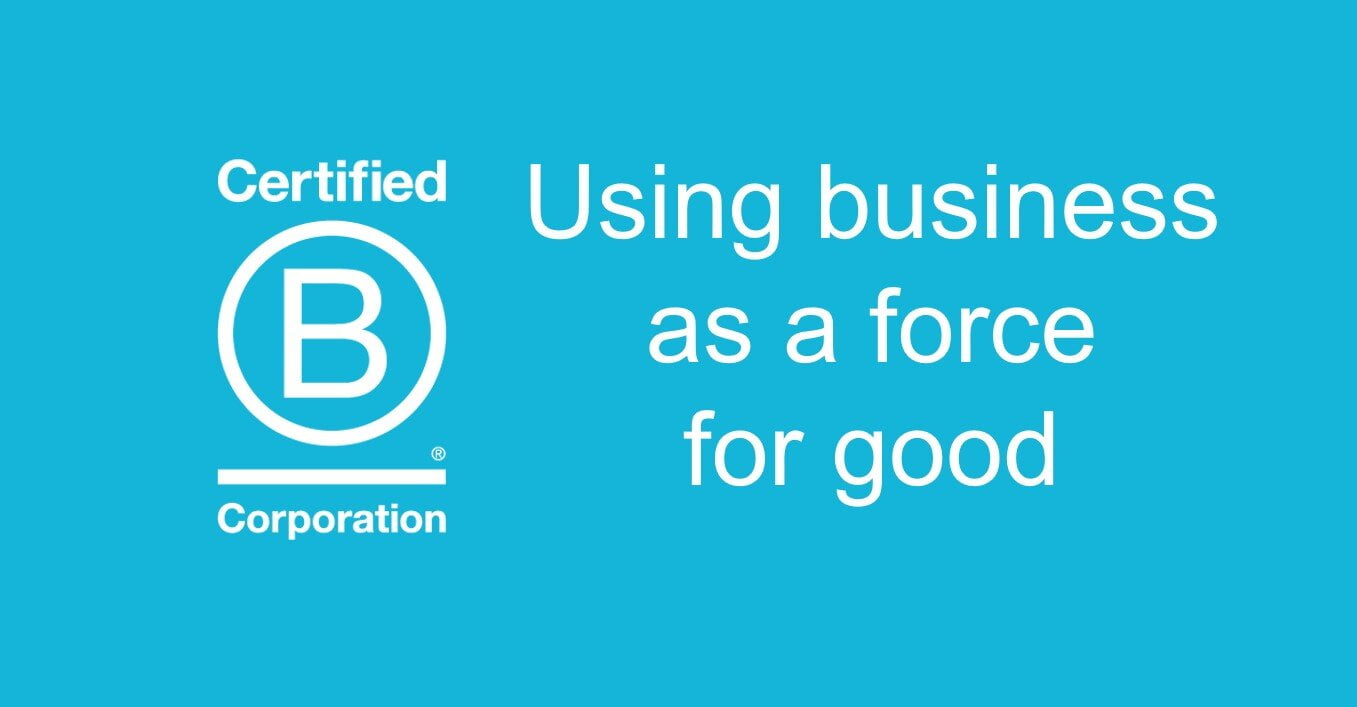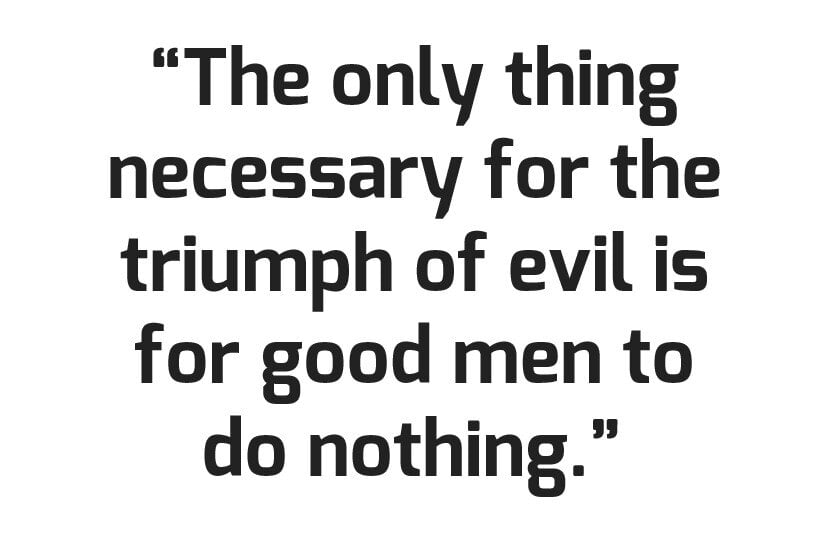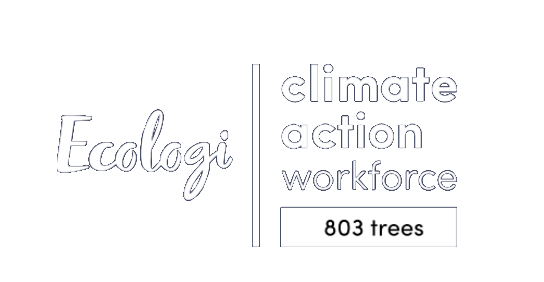The global population is the youngest it’s ever been, with 50 percent of the world aged 30 or under, and the top issues for this group are social value and climate change. In fact, nearly nine out of 10 Gen Z’s are worried about social value and the environment. When you couple this with the massive spending power of Millennials and Gen Z one thing becomes clear: brands need to re-examine their approach to sustainability if they haven’t already.
From 17-year-old activists Greta Thunberg and Mya-Rose Craig (known as Bird Girl and aged 17 received an honorary doctorate in science from the University of Bristol), this generation is taking the lead and looking to each other to combat climate change. Their purchase power is only going to grow, and they’re going to continue to vote with their wallets.
If your nine-year-old daughter is a vegetarian, demands that you buy organic food, cut waste, don’t use plastic, are involved in your community, and advocates you and your business buy and use anything that is sustainable, this isn’t because you are push-overs (VERY far from it), but your daughter is engaged, educated, and sees climate change happening right in front of her eyes, and she wants to do everything she can about it because she wants (and deserves) a habitable planet for her, and everyone one of her generation to grow old, and live a full life on.
Social and sustainable values have moved beyond corporate altruism and are now necessary business practices for brands that expect to be relevant. It’s pretty clear that if you’re not going to make a shift towards offering a more sustainable solution which also takes into account social value, someone else will, and the numbers show that consumers will switch allegiances as soon as they find out about it, or at least give it a try. 77 percent of Millennials and Gen Z beauty consumers would switch to a sustainable product that offered the result that they were looking for. It’s not a stretch to say that brands that don’t make the move towards social value and sustainability are going to be like the brands that didn’t embrace digital, and four to five years from now, they’ll be scrambling to catch-up, or will go under.
While there’s no question that social and sustainability practices do carry some additional investment costs, it is absolutely possible for brands to become more profitable by being more socially and environmentally conscious. Just look at brands that are “doing well by doing good:” Body Shop is one of the top-selling body care brands and was founded with the primary goal of environmental care. Thanks to Gen Z, brands who invest in social value and sustainability are on the rise.
My advice? Stop with the analysis paralysis and just commit to growing your social value and sustainability. The data is there – this is what consumers want and are demanding. It’s not something that isn’t going to pan out as long as you are genuine in your actions.
Becoming a socially and environmentally conscious business can sound intimidating, but brands don’t need to go “all out” at once.
They can take small but important steps immediately to partner with not-for-profits like Offset Earth, which empowers local communities around the world by creating jobs for people to reforest, create healthy habitats and capture and sequester carbon out of our atmosphere. Even if it’s not an official partnership, start by making it a company policy to help offset your climate impact. We’ve actually done just that by creating a company policy where we invest in trees to wipe out the impact of any negative carbon impact made by our team members.
Brands should not be afraid of talking about any and all efforts they are making. Social value and sustainability are a journey, and it’s not about where you’ve been, but where you’re headed. Large traditional brands can be nervous about promoting a new product or effort because they’re afraid that they’re going to be put under a lens and scrutinized over everything else that they’re doing. As long as you’re honest about your intention, and where you’re headed, that’s the main message consumers want to hear.
Richard Branson once said “The point of a business is to make life better for other people.” Brands that take this philosophy to heart, will ultimately find that what’s good for people, is good for business too.
Find out more @ business on purpose






